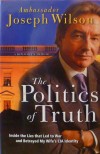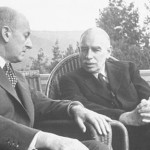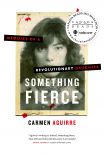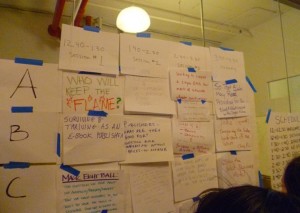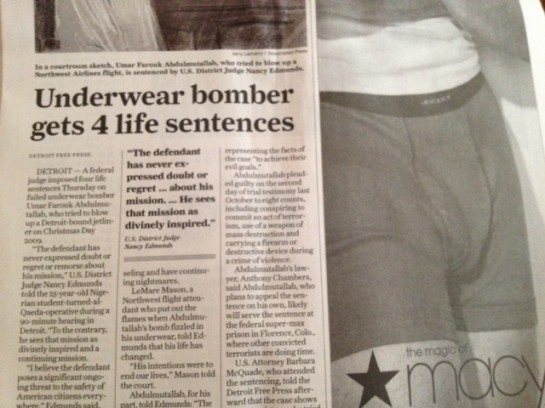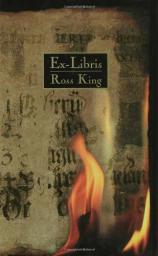Iran and Iraq–Deja Vu All Over Again?
 I find that Daily Beast/Newsweek columnist Peter Beinart is writing some of the most incisive commentary on the Middle East these days. His views on Israel, coming from a committed American Jew who is able to see flaws in the current Israeli government policies and rhetoric, is a welcome tonic for this committed American Jew. One column of his last week was especially apt, Experts Say Iran Attack is Irrational, Yet Hawks are Winning Debate. There is a disturbing deja vu in the campaign to attack Iran being mounted by some elected officials and coming from some quarters of the American opinion establishment–whether the attack would be done by Israel or the U.S. Beinart, author of a forthcoming book called The Crisis of Zionism, is determined to slow the momentum toward war. I was especially appreciative of the penultimate paragraph in last Tuesday’s column:
I find that Daily Beast/Newsweek columnist Peter Beinart is writing some of the most incisive commentary on the Middle East these days. His views on Israel, coming from a committed American Jew who is able to see flaws in the current Israeli government policies and rhetoric, is a welcome tonic for this committed American Jew. One column of his last week was especially apt, Experts Say Iran Attack is Irrational, Yet Hawks are Winning Debate. There is a disturbing deja vu in the campaign to attack Iran being mounted by some elected officials and coming from some quarters of the American opinion establishment–whether the attack would be done by Israel or the U.S. Beinart, author of a forthcoming book called The Crisis of Zionism, is determined to slow the momentum toward war. I was especially appreciative of the penultimate paragraph in last Tuesday’s column:
“And who are the hawks who have so far marginalized the defense and intelligence establishments in both Israel and the U.S.? They’re a collection of think-tankers and politicians, most absolutely sincere, in my experience. But from Rick Santorum to John McCain to Elliott Abrams to John Bolton, their defining characteristic is that they were equally apocalyptic about the threat from Iraq, and equally nonchalant about the difficulties of successfully attacking it.The story of the Iraq debate was, in large measure, the story of their triumph over the career military and intelligence officials—folks like Eric Shinseki and Joseph Wilson—whose successors are now warning against attacking Iran.”
To recap, General Eric Shinseki was punished and sidelined by Deputy Secretary of Defense Paul Wolfowitz and Secretary of Defense Donald Rumsfeld after he had the temerity to testify to Congress that stablizing Iraq after Saddam’s fall would take “several hundred thousand soldiers.” And in the case of Ambassador Joseph Wilson, it should be remembered that before his wife’s CIA identity was revealed by multiple members of the Bush Administration, he had published numerous op-eds and given many interviews urging that the U.S. not invade Iraq. His background and experience–which included his key role as the last U.S. diplomat in Baghdad during Operation Desert Shield, before the beginning of the first Gulf War–informed his opposition to the 2003 invasion, not a reluctance to be tough with Saddam. Both Shinseki and Wilson, and it must be said, Valerie Plame, were caught up in the Bush Administration’s mania for war with Iraq, and the whole country, indeed the whole world, has been paying the price ever since. I see that the two situations–the Iraq situation and the one with Iran–are dissimilar in important ways, but I still believe we must ask what costs may an attack on Iran exact from the U.S. and the rest of the world? I’m glad that a well-informed Peter Beinart is asking this question.
**Full disclosure: I edited and published The Politics of Truth–A Diplomat’s Memoir: Inside the War that Led to War and Betrayed My Wife’s CIA Identity by Ambassador Joseph Wilson (Carroll & Graf, 2004)